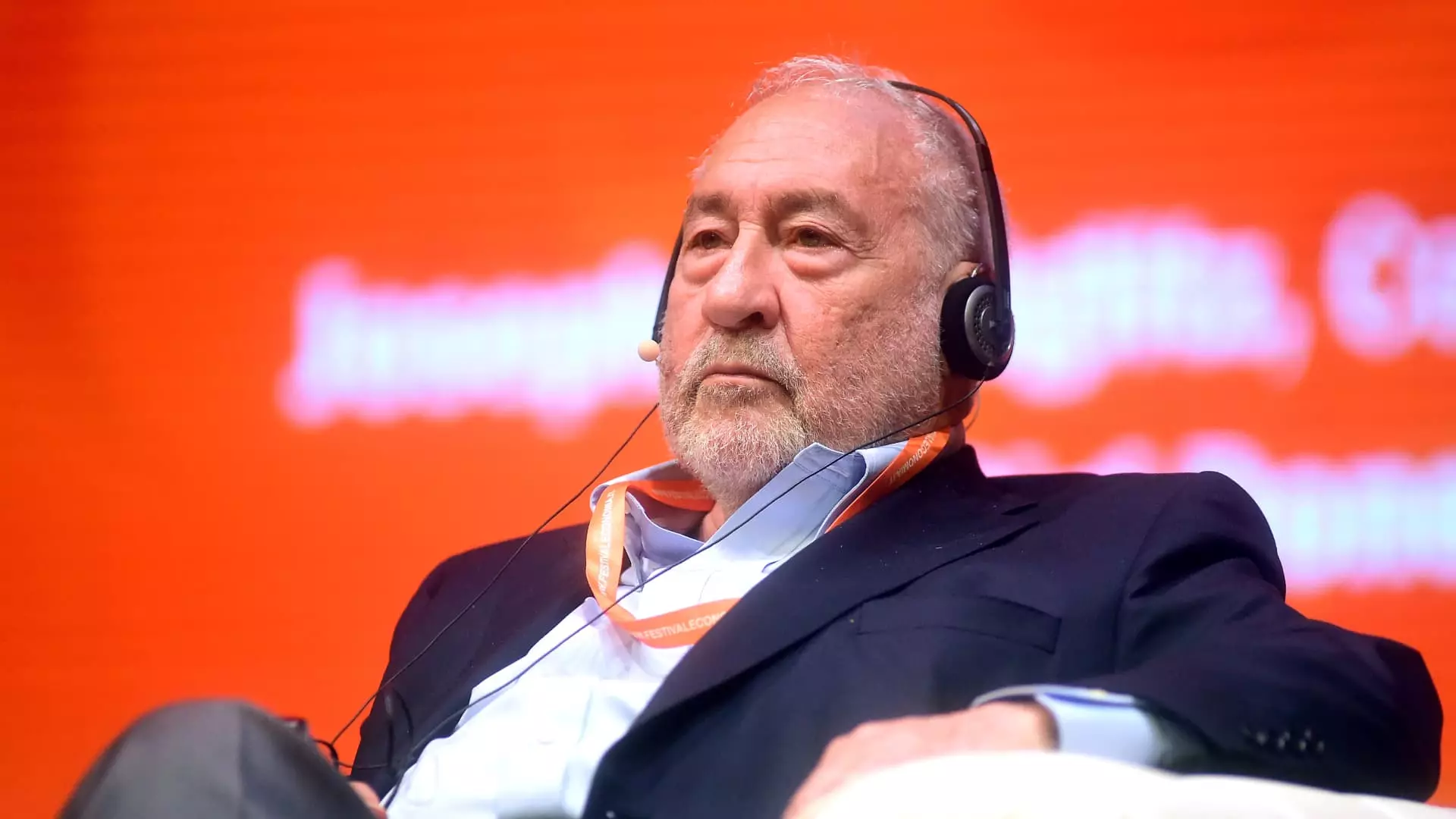Nobel Prize-winning economist Joseph Stiglitz has criticized the Federal Reserve’s monetary policy tightening and its impact on inflation. Stiglitz argues that the Fed needs to make a significant interest rate cut to address the inflation problem that has been exacerbated by the central bank’s actions. He emphasizes the importance of normalizing interest rates but believes that the Fed went too far in raising rates, putting the economy at risk.
Stiglitz, known for his market analysis, is advocating for a half-point interest rate cut at the upcoming Fed meeting. He suggests that a bigger rate cut is necessary to address inflation and boost job growth. Stiglitz contends that the Fed’s current benchmark borrowing rate is too high and that lowering it would be beneficial for the economy.
Stiglitz highlights the role of housing in inflation and the need to address this issue through monetary policy. He argues that raising interest rates could worsen the housing shortage problem by making it harder for developers and homeowners to invest in real estate. Stiglitz believes that the Fed’s models do not consider the impact of interest rates on inflation and calls for a reevaluation of its approach to monetary policy.
Market participants are anticipating a rate cut at the Fed’s next meeting, with some betting on a 50-basis-point reduction. Stiglitz’s proposal for a larger rate cut aligns with these expectations, as he believes that the Fed needs to take more decisive action to address the economic challenges. Stiglitz’s stance contrasts with other economists who advocate for a smaller rate cut, highlighting the diverging opinions on the appropriate monetary policy response.
While Stiglitz argues for a 50-basis-point rate cut, other economists, such as George Lagarias, advocate for a more conservative approach. Lagarias believes that a quarter-point reduction would be sufficient and warns against sending a message of urgency to the market. The debate over the size of the rate cut reflects differing views on how the Fed should respond to current economic conditions and whether a more aggressive stance is necessary.
Joseph Stiglitz’s critique of the Federal Reserve’s monetary policy and his call for a larger interest rate cut highlight the ongoing debate over the central bank’s role in addressing economic challenges. Stiglitz’s argument brings attention to the need for a more nuanced approach to monetary policy that takes into account the complex interplay between interest rates, inflation, and economic growth. As the Fed prepares for its upcoming meeting, the discussion on the appropriate size of the rate cut underscores the divergent views within the economic community and the challenges of navigating uncertain economic conditions.

